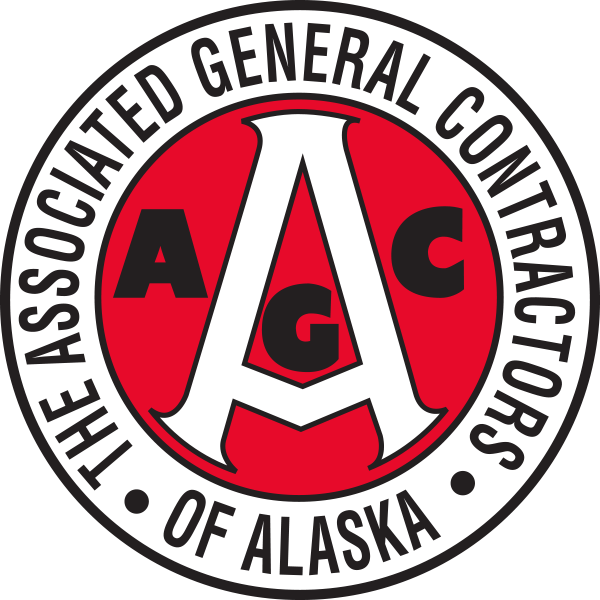
Associated General Contractors of Alaska
By AGC Legislative Affairs Committee and AGC Lobbyist Dianne Blumer
n the final day of the regular session—as set by the Alaska Constitution, not the ninety days set by state statute—the state legislature finalized passage of a number of bills and agreed to disagree on the budget at that point.
The Alaska Senate passed its version of the budget, and the State House failed to concur, which means they must come together in conference committee to settle the differences between the two documents. They planned to do so during the first of two special sessions called by the governor; the first began immediately upon adjournment from the regular session and was called to finalize the budget and address the Permanent Fund Dividend, or PFD, payout. A second special session, planned for August, would address COVID-19 aid appropriations, proposed changes to the state spending cap, and an appeal by Governor Dunleavy to have voters approve new taxes, along with an act that relates to increasing state revenue.
House Bill 69, the Senate’s omnibus budget bill, incorporates the operating budget, capital budget, supplemental budget, and federal funds coming from Alaska Recovery Program Act (ARPA). It authorizes $4.43 billion in state unrestricted general funds for operating expenses during fiscal year 2022, and nearly $275 million in capital budget spending, which leverages nearly $1.9 billion in federal funds for roads, bridges, and other infrastructure.
With more than $10 billion in the PFD’s spendable portion, senators voted to transfer $4 billion into the fund’s principal account, which cannot be spent without amending the state constitution.
Legislative leaders had expectations that the budget conference committee would wrap up in May to avoid sending layoff notices to state employees. The point of contention was again the PFD. The Senate, by majority vote, had included a “50-50” dividend; the House had no PFD in the budget they originally passed to the senate.
Another big win was getting House Bill 160 through both bodies. It was a heavy lift as minimal legislation was on a fast track and it was introduced later in the session. HB 160 will allow the Alaska Department of Transportation and Public Facilities (DOT&PF), to utilize the Construction Manager/General Contractor (CMGC) procurement method and allow a contractor to be awarded a two-phase contract to provide both the preconstruction and construction phases of a project.
CMGC is a common and accepted alternative project delivery method in construction and has been used in Alaska for more than a decade. HB 160 will benefit the construction industry and the state by modifying procurement statutes to codify the CMGC procurement process. It allows DOT&PF to use the CMGC process without having to submit an “innovative procurement” request to the Department of Law and the Federal Highways Administration or Federal Aviation Administration for each project. AGC of Alaska looks forward to working with DOT&PF to develop regulations related to this new process.
The bill that introduced the motor fuel tax this year, House Bill 104, passed the House Transportation Committee but landed in House Finance and stalled there. This bill is identical to the bill Senator Click Bishop introduced last year that made it all the way through the Senate, but because it was the second year of the 31st Legislature it died on adjournment, not making it through the House. The bill was met with some resistance this year from folks who commute, mostly from the Matanuska-Susitna Borough area to Anchorage. There is a slim possibility this bill could be considered in the August special session as part of the topic, “potential measures to increase state revenues.”
Governor Dunleavy introduced a general obligation bond bill earlier this year that caused a splash. However, after extensive review, AGC of Alaska determined that a majority of the identified projects were previously listed in the State Transportation and Infrastructure Plan, and the Airport Project Evaluation Board, currently moving through the design and planning stages. Some were even already under contract. As a result, the proposed GO bond bill would not create new jobs or grow the program. In fact, there was concern the package was a way to borrow money to both balance the budget and free up traditionally budgeted funds for reallocation to other needs, which conflicts with the concept of a sustainable budget, one of AGC of Alaska’s top priorities.
This being the first year of the 32nd Legislature, all bills introduced this year but not passed will remain in play next session. For a list of bills of interest please visit www.agcak.org.
As always, we appreciate input from our members and look forward to hearing from you about beneficial changes or updates that would enhance our workforce and economy, particularly after the tribulations of last year. Here’s to 2021 and building Alaska the way we know how!